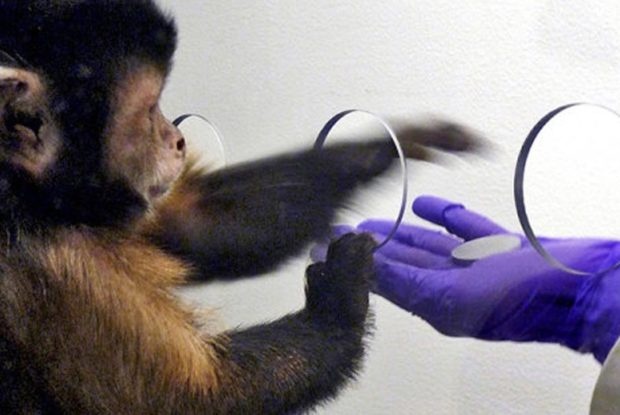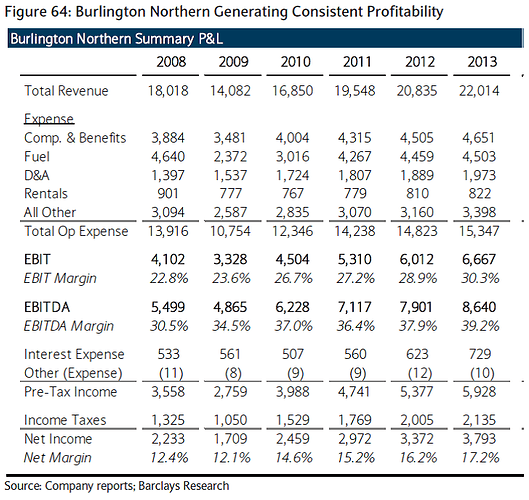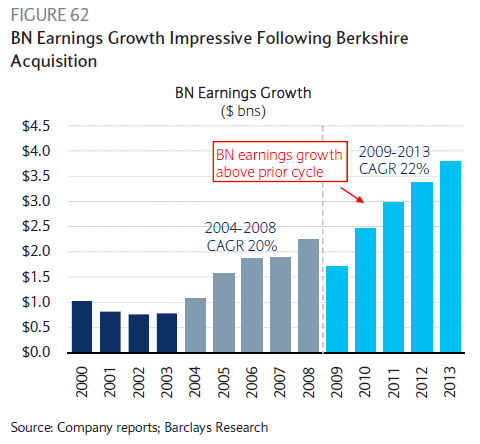Authority Bias:
The authority bias would always remain, more during bull markets. But in every bull market, usually the identity of the authority changes. I have always heard these things from the time I remember things about stock market. First such example I heard was “Harshad Mehta is buying Mazda, or Karnataka ball bearing or ACC.” And people will flock to buy these companies and this was back in the days of physical delivery of shares.
Next it was Ketan Parekh. And his TMT stocks. Some good, most not so good.
Others in authority category have been superstar investors like Ramesh Damani, RJ, Prof Bakshi, Kenneth Andrade, Ashish Kacholia, BM, Porinju and the list goes on.
The question we need to ask ourselves is “what do I know about the company?” besides the fact that X, Y OR Z holds it or recommends it.
I think it is pretty easy to overcome this bias. Once or twice we get hurt by following an authority, the learning is pretty obvious and if we dont take any cognisance from it, fault lies within us.
INCENTIVES BIAS
Doctors are exposed to this day in day out. Medical reps tend to give small brand reminders, samples, and many more inducements to doctors in a effort to get prescriptions of their products.
Similarly in stock markets too, some shady investors we meet for first time or for first few times tend to come with various “gifts” in forms of chocolates, books, or any other form of inducements. Many do so with goodness of heart and do so to offer a token of gratitude or respect but there will always be some trying to get some information/stock picks or providing us with disinformation in an effort to manipulate stock prices.
This again can be dealt with easily by asking ourselves “Why is this guy so generous towards me?”
I think incentive bias is rampant in all walks of life and can often be used to open some gates which normally do not open easily.




 . But people love lies no?
. But people love lies no?